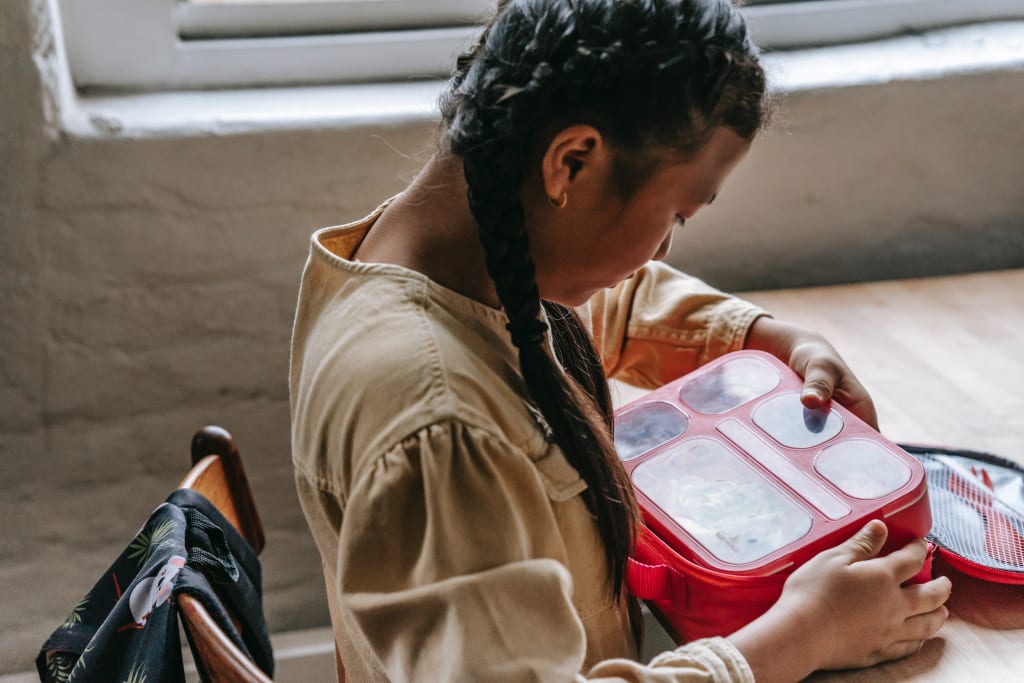"The Hidden Dangers Lurking in Your Plastic Containers"
"BPA and Phthalates: The Chemicals in Plastic Containers You Need to Avoid"

Plastic containers have become an integral part of our daily lives. We use them to store food and drinks, and they are ubiquitous in our homes, workplaces, and public spaces. However, the convenience of plastic containers comes at a cost to our health. Eating food or drinking liquids stored in plastic containers can be hazardous to our health.
Plastic containers are made from various types of plastics, and many of these plastics contain chemicals that can leach into the food or drink stored in them. These chemicals can be harmful to our health and cause a range of health problems.
One of the most common chemicals found in plastic containers is
1. Bisphenol A (BPA)
BPA is used to make polycarbonate plastics, which are commonly used in food and drink containers, such as water bottles and baby bottles. BPA can leach into food and drink stored in these containers, and studies have shown that exposure to BPA can cause a range of health problems, including hormonal imbalances, infertility, cancer, and developmental problems in children.

2. Phthalates
Phthalates are used to make PVC plastics, which are commonly used in food packaging, such as plastic wraps and food containers. Phthalates can also leach into food and drink stored in these containers and have been linked to a range of health problems, including hormonal imbalances, developmental problems in children, and cancer.

Furthermore, plastic containers can also harbor bacteria and other harmful microorganisms. These microorganisms can contaminate the food or drink stored in the container and cause foodborne illnesses, such as salmonella and E. coli infections.
How does leaching work?
When plastic containers are heated, either in the microwave or in hot water, the risk of leaching harmful chemicals increases. The heat can cause the plastics to break down, and the chemicals can leach into the food or drink stored in the container. Therefore, it is best to avoid heating food or drink in plastic containers.
How to avoid Plastic?
To reduce the risk of health hazards due to eating plastic containers, it is essential to use safer alternatives. Glass and stainless steel containers are safer alternatives to plastic containers as they do not contain harmful chemicals that can leach into food or drink. Glass and stainless steel containers are also more durable and can be reused multiple times, reducing waste.
Any Plastic alternatives?
If using plastic containers is unavoidable, it is essential to choose containers that are labeled as BPA-free and phthalate-free. These containers are made from safer plastics that do not contain harmful chemicals. It is also essential to avoid heating food or drink in plastic containers and to avoid storing hot or acidic foods in plastic containers.

Importance of Cleaning
It is also important to properly clean plastic containers to reduce the risk of contamination by harmful microorganisms. Plastic containers should be washed with warm soapy water and rinsed thoroughly before reuse. If the plastic container has a strong odor or stain, it is best to replace it as it may be difficult to properly clean.
In conclusion, plastic containers can be hazardous to our health due to the chemicals they contain and the risk of contamination by harmful microorganisms. To reduce the risk of health hazards, it is essential to use safer alternatives such as glass and stainless steel containers. If using plastic containers is unavoidable, it is important to choose containers that are labeled as BPA-free and phthalate-free, avoid heating food or drink in plastic containers, and properly clean the containers before reuse. By following these simple precautions, we can protect our health and reduce the risk of health hazards due to eating plastic containers.
About the Creator
Save Health by Nutrition
Healthcare and nutrition professional with decades of experience






Comments
There are no comments for this story
Be the first to respond and start the conversation.